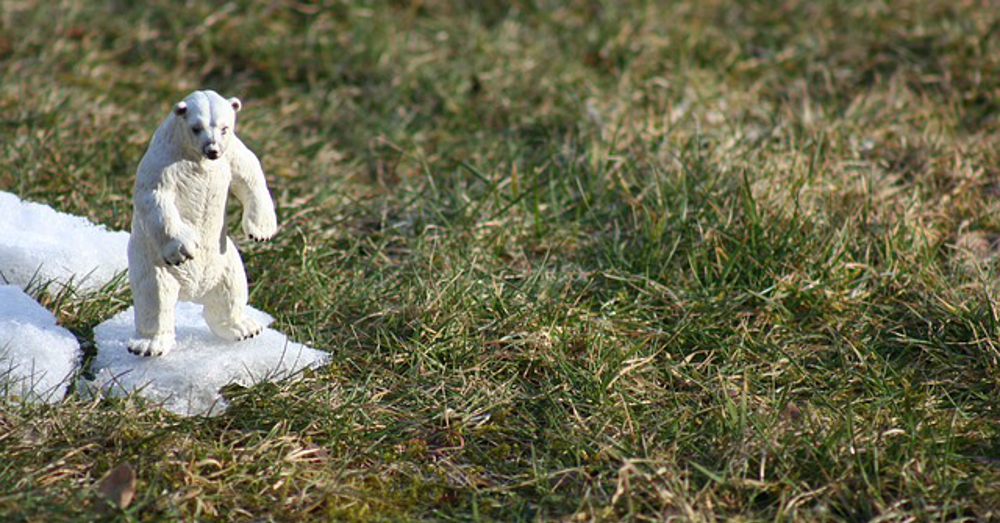
Switching to Organic Farming Could Cut Greenhouse Gas Emissions, Study Shows
Converting land from conventional agriculture to organic production could reduce greenhouse gas emissions, the run-off of excess nitrogen from fertilisers, and cut pesticide use. It would also, according to a new report, be feasible to convert large amounts of currently conventionally farmed land without catastrophic harm to crop yields and without needing huge amounts of new land.
November 14, 2017 | Source: The Guardian | by Fiona Harvey
Study also finds that converting conventionally farmed land would not overly harm crop yields or require huge amounts of additional land to feed rising populations
Converting land from conventional agriculture to organic production could reduce greenhouse gas emissions, the run-off of excess nitrogen from fertilisers, and cut pesticide use. It would also, according to a new report, be feasible to convert large amounts of currently conventionally farmed land without catastrophic harm to crop yields and without needing huge amounts of new land.
The study, published in the journal Nature Communications, found that by combining organic production with an increasingly vegetarian diet, ways of cutting food waste, and a return to traditional methods of fixing nitrogen in the soil instead of using fertiliser, the world’s projected 2050 population of more than 9 billion could be fed without vastly increasing the current amount of land under agricultural production.
This is important, as converting other land such as forests, cerrado or peatlands to agricultural use would increase greenhouse gas emissions from the land. The authors found that an increase in organic farming would require big changes in farming systems, such as growing legumes to replenish nitrogen in the soil.
However, other scientists were cautious over endorsing the report’s findings, pointing out that the size of the world’s agricultural systems and their variability, as well as assumptions about future nutritional needs, made generalisations about converting to organic farming difficult to make.
Sir Colin Berry, emeritus professor of pathology at Queen Mary, University of London, said: “As for all models, assumptions have to be made and what weight you attach to which item can greatly change outcomes. The assumption that grassland areas will remain constant is a large one. The wastage issue is important but solutions, not addressed here, to post-harvest- pre-market losses will be difficult without fungicides for grains. Some populations could do with more protein to grow and develop normally, despite the models here requiring less animal protein.”
